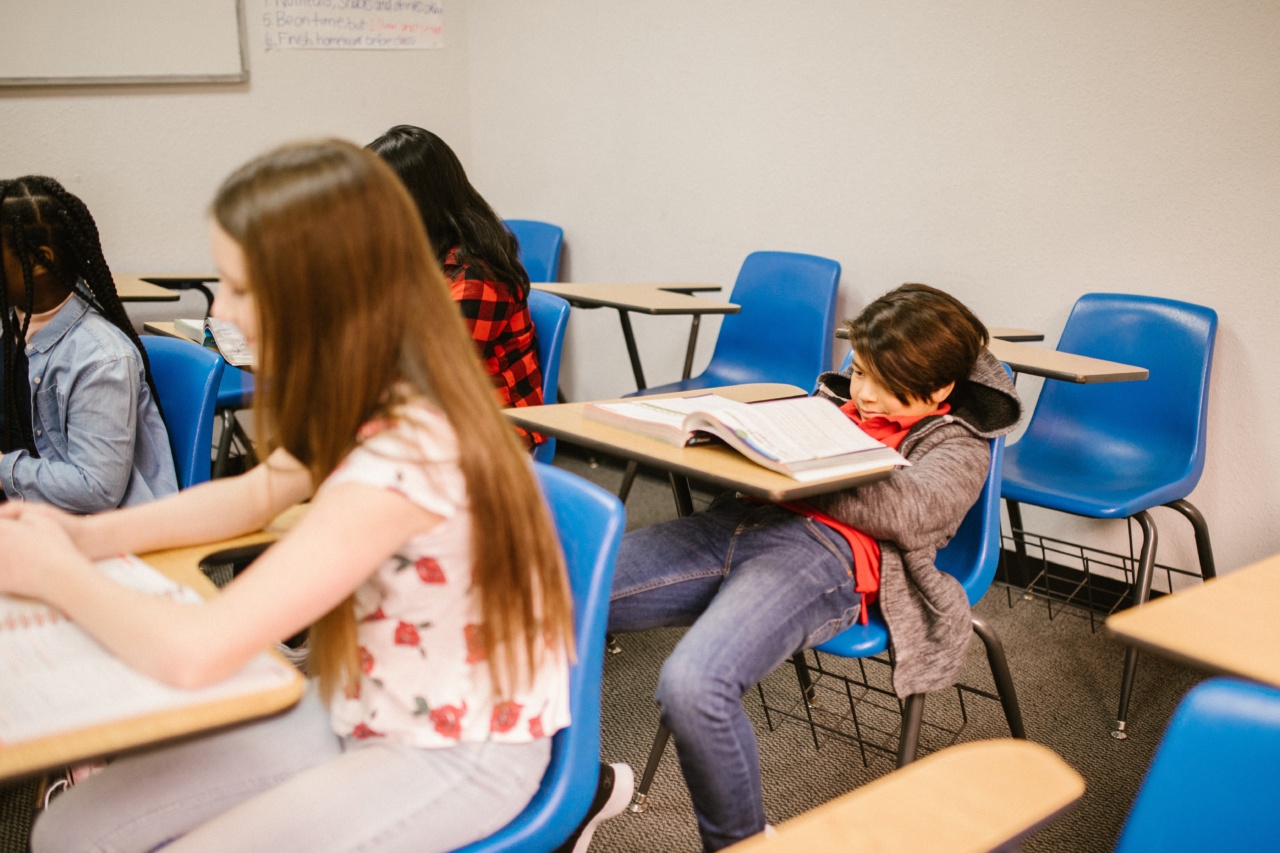For years, parents have been told that strict parenting is necessary for a child’s development. However, a recent study has revealed that there may be a link between strict parents and depression in children.
This study has raised concerns among parents, educators, and mental health professionals alike. In this article, we will delve into the study’s findings and explore what they mean for parents and their children.
What the Study Found
The study, conducted by researchers at the University of Pittsburgh, followed more than 1,000 children from the age of 12 to 32.
The researchers assessed the children’s levels of depressive symptoms and the parenting styles they were exposed to at the ages of 12, 14, and 16. The parenting styles were categorized as authoritative (supportive and responsive), authoritarian (strict and controlling), permissive (indulgent and passive), and neglectful (uninvolved and unresponsive).
The results of the study showed that children who were exposed to authoritarian parenting were more likely to experience depressive symptoms throughout their teenage years and into their adult lives.
This was particularly true for children who were already prone to depression. In contrast, children who were exposed to authoritative parenting had lower levels of depressive symptoms, indicating that a supportive and responsive parenting style can have a protective effect against depression.
Why Strict Parenting May Lead to Depression in Children
So, why might strict parenting lead to depression in children? There are several theories:.
The Lack of Emotional Support
Authoritarian parents are often focused on setting rules and enforcing discipline, rather than emotionally supporting their children. This can leave children feeling unloved and unsupported, which can lead to feelings of worthlessness and depression.
Without emotional support and connection, children may struggle to develop healthy coping mechanisms for dealing with life’s challenges.
The Emphasis on Perfection
Authoritarian parents may have high expectations for their children’s behavior and achievements. While it is important to set expectations for children, too much pressure can be counterproductive.
Children who feel that they can never meet their parents’ expectations may become overwhelmed and despairing.
The Lack of Autonomy
Authoritarian parents tend to have very rigid rules and structure, leaving little room for their children to make decisions for themselves. This lack of autonomy can be stifling for children, who may feel that they have no control over their lives.
This can lead to frustration, anxiety, and eventually depression.
What Does This Mean for Parents?
While this study raises concerns about the potential negative effects of strict parenting, it’s important for parents to remember that every child is different.
Some children may thrive under an authoritarian parenting style, while others may struggle. However, there are some general tips that parents can follow to support their children’s mental health:.
Be Supportive and Responsive
Supportive and responsive parenting involves showing your child love, empathy, and emotional support. This can help your child develop a healthy self-esteem and coping mechanisms, which can protect against depression.
Set Reasonable Expectations
It’s important to set expectations for your child, but those expectations should be reasonable and achievable. Encourage your child to do their best, but don’t put too much pressure on them.
Remember that everyone makes mistakes, and that’s okay.
Give Your Child Autonomy
While it’s important to set rules and structure, it’s also important to give your child some autonomy and decision-making power.
This can help them develop a sense of agency and control over their lives, which can protect against depression.
Conclusion
The recent study linking strict parenting to depression in children is a reminder that parenting styles matter.
While every child is different, it’s important for parents to be supportive, set reasonable expectations, and give their child some autonomy. By doing so, parents can help their children develop healthy coping mechanisms and protect against the risk of depression.






























